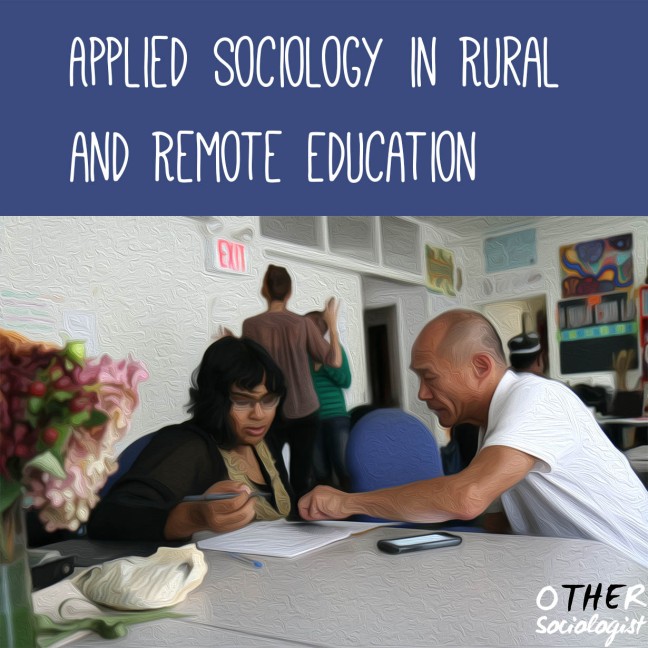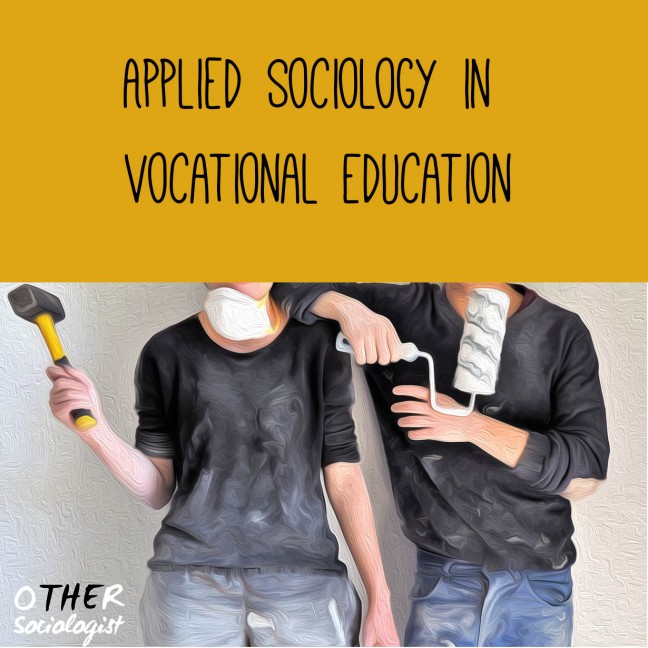This is the second of two posts showing how applied sociology is used in a multi-disciplinary behavioural science project to improve social policy and program delivery.
We scaled our previous trials that used behavioural science to increase pre-service teachers’ uptake of professional placements in rural and remote New South Wales (NSW). We used timely and personalised communications, simplified research on placements, and offered a group placement experience. These interventions led to 55 pre-service teachers completing their placements at geographically isolated schools, with 100% of them saying they would consider taking up long-term employment at a rural or remote school in the future.
Continue reading Applied Sociology in Rural and Remote Education

